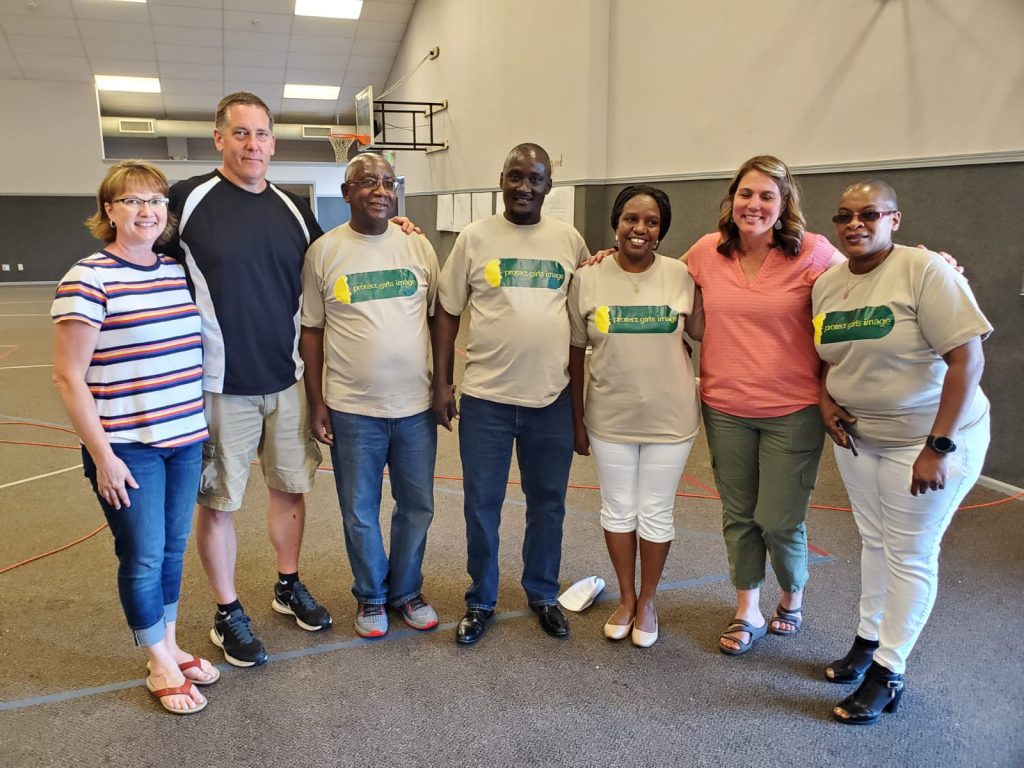A Call to Men – The Men of Protect A Girls Image Reflect On Recent Issues.
It has been one year since those of us in Kenya and the United States began to shut down in-person activities as we recognized the danger of the coronavirus pandemic. It’s an understatement to say the last year has been difficult. For many, many of us, it has been devastating.
More than two and a half million people have died worldwide, including confirmed positive cases in Kenya are now 130,214. 13 deaths have been reported in the last 24 hours out of which 2 occurred in the last 24 hours while 11 are late death reports from facility record audits that occurred on diverse dates.
This now pushes our cumulative fatalities to 2,117. Our sincere condolences to the families and friends of those who have lost their loved ones. In the last year, Covid-19 has killed almost as many people as cancer.
MORE FOR YOU
7 Key Lessons To Teach Kids About Body Safety and Consent In 2021.
Poverty and Depression As A Result Of Covid-19 Has Affected The Youth In Kenya
Donating Food As A Response To Coronavirus/ The Church and Nonprofits.

Women have suffered more than men, and women of color have suffered the most. Women are doing more unrecognized household labor than before the pandemic. In recent months, four times the number of women are dropping out of the labor force compared to men. I’m sorry to say the list goes on.
Isolating folks in their homes over the last year led to a spike in domestic violence. We’re also experiencing a mental health crisis — and us men are still not seeking the help we should. Our education system is struggling. All of these crises intersect and those at the margins of the margins are hurt the most.
But we have a big opportunity for action right now. Millions of people worldwide are getting vaccines every day, although that process is also affected by race and class. We’re seeing hiring pick up. The racial justice and gender justice movements over the last year have inspired us so much. We’ve seen some of the biggest protests and resistance in history, and we’re seeing momentum that we haven’t felt since the Civil Rights era.
As we begin to emerge from this pandemic, I want to call on all of the men reading this. Make a commitment — right now — to do things differently from now on. Together we can — we must — build a society that is more just, more inclusive, more loving than the world has ever seen. But it will take all of us.
If you already considered yourself a practicing aspiring ally for women and those at the margins of the margins, think about how you can do just a bit more (or a lot more). If you’re just starting your journey, thank you. We need you. I urge you to learn, to listen to, and lift up voices at the margins, and to donate money and skills.
Let’s commit right now that collective liberation will be the focus of the post-Covid world. We can do it. Now’s the time.
Please comment if you are a male feminist!